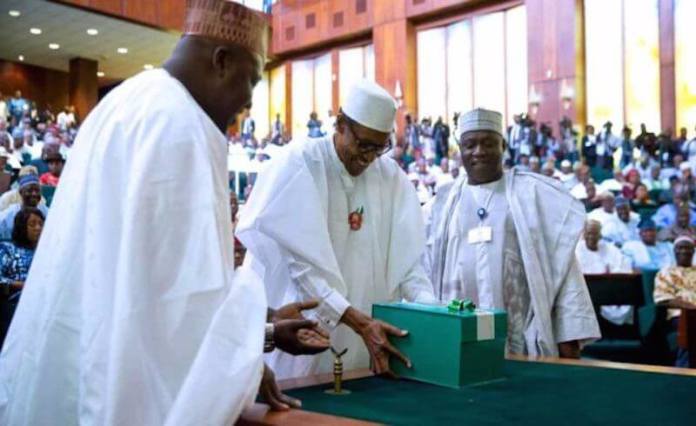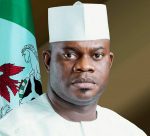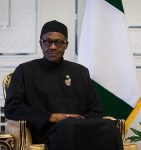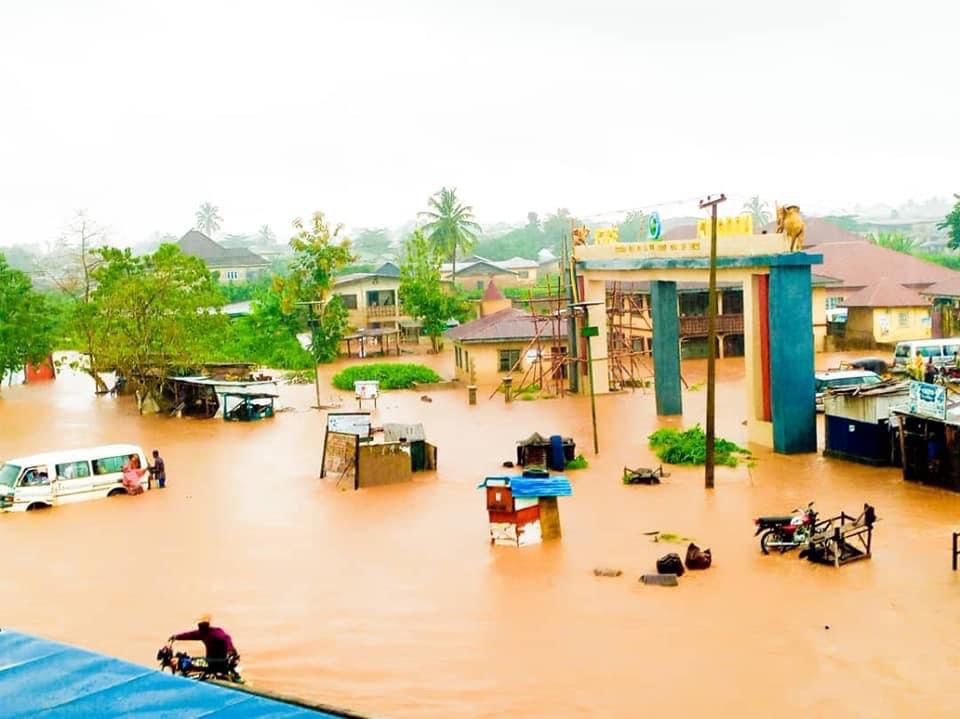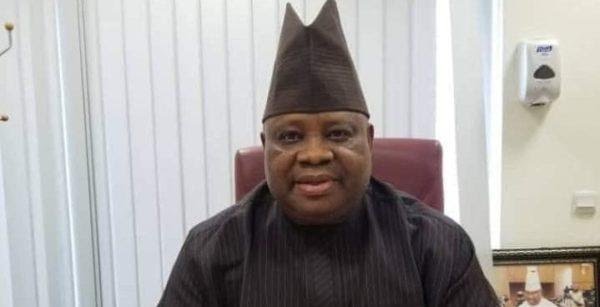If there is anything to be said of Tuesday’s laying of the estimates of next year’s budget at the National Assembly table, it is that the exercise may have finally responded to the imperative of the moment in terms of early preparation by the executive branch. As against last year when it was presented on December 14, 2016, barely 10 days to Christmas after which the lawmakers broke for their yuletide vacation, the expectations this time are of its early passage.
Just like last year’s, there is a lot of good things that can be said of the overall thrust of the budget. First is the size. Although, a far cry from what is required to match the yawning infrastructure deficit , the total figure – N8.612 trillion –a 16 per cent increase above the 2017 figure of N7.441 trillion– largely mirrors the expectations of Nigerians for a big pie to jumpstart the economy and now beginning to crawl out of a recession.
The second is its clear-headed realism.
As against last year’s benchmark price of $44.50 of crude oil per barrel, the federal government quite sensibly, put the reference price at $45. The same could be said of oil production with a modest increase of 100,000 barrels per day increase over the 2017 target of 2.2 million. In a topsy-turvy political economy of crude oil, it is the least the federal government can do to tamp down on expectations.
Third – and we consider this just as important – is the bold push to get big ticket projects ongoing. We refer to the Mambilla Hydro Power project, the power transmission projects, the railways and other critical projects designed to put the economy on a sustainable path of growth. All of these are, no doubt, important to give the economy the much needed fillip. How far the federal government can deliver on these as well as bring to completion, on-going projects, particularly those to be rolled over from previous years will go a long way to determine its overall efficacy as a governance instrument.
Of course, we must in equal measure admit to some of the flaws that have since become a recurring feature of the budgetary process. One of these is the disproportionate allocation to recurrent expenditures particularly the huge wage bill and the other costs of running the government on one hand and the humongous cost of debt servicing on the other. Although, a vast improvement from what obtained in the past, that the federal government would spend two-thirds of the entire budget on running the bureaucracy and the government continues to be a measure of how skewed the exercise is. Were things to be normal, it should be the other way round.
As it is, the ball is now in the court of the National Assembly. In other words, the real job has only just begun. A good way to start is to inquire how the 2017 budget went. What is the state of implementation? What are the challenges? Were the revenue targets met, if not why not? Admittedly, the President alluded to the shortfall during his presentation. Nigerians of course deserve to know the specifics – which ministries, departments and agencies were involved and what is being done about it. This process must go with the understanding that the era when agencies earned the revenue and spent as they liked is gone forever.
And what do Nigerians want from the budget?
Most certainly – it is nothing of the arcane world of esoteric figures that the budget has come to represent and which have come to mean nothing in practical terms to the man on the street. For the ordinary citizen, they want to see the living proof of the budget in the visible improvements to their lives and living conditions: in good roads, in vastly improved security environment, in cheap and efficient public transportation system, and steady electricity supply to their homes and businesses. To the extent that an early passage of the budget can only be a good step towards delivering on those objectives, the National Assembly has a bounden duty to make it happen. And urgently too.

